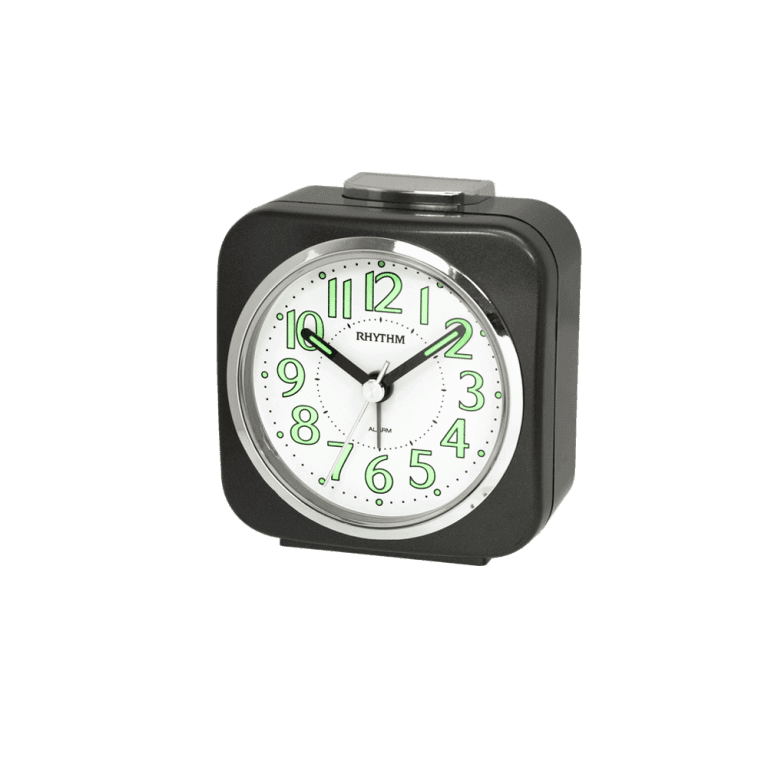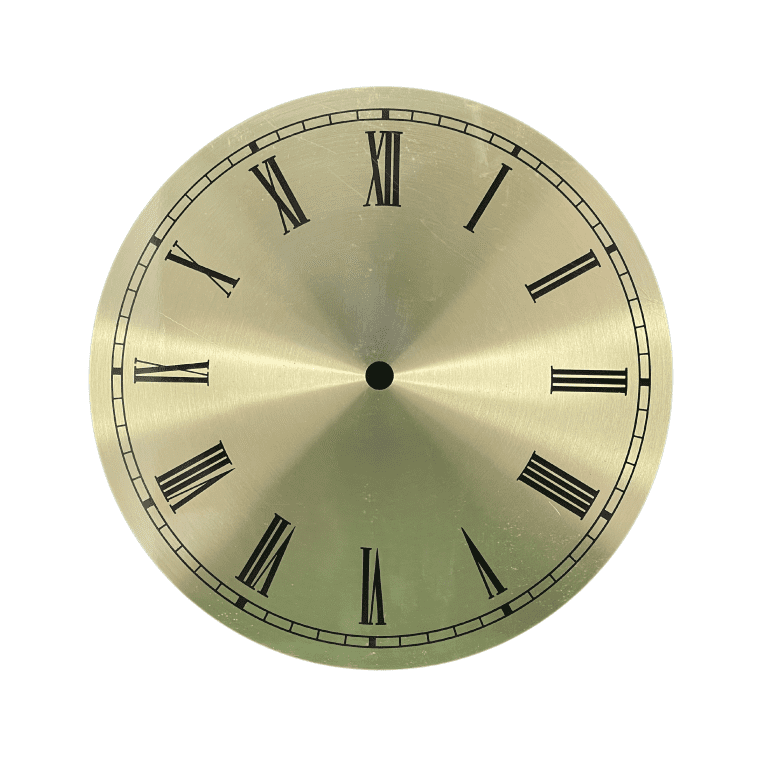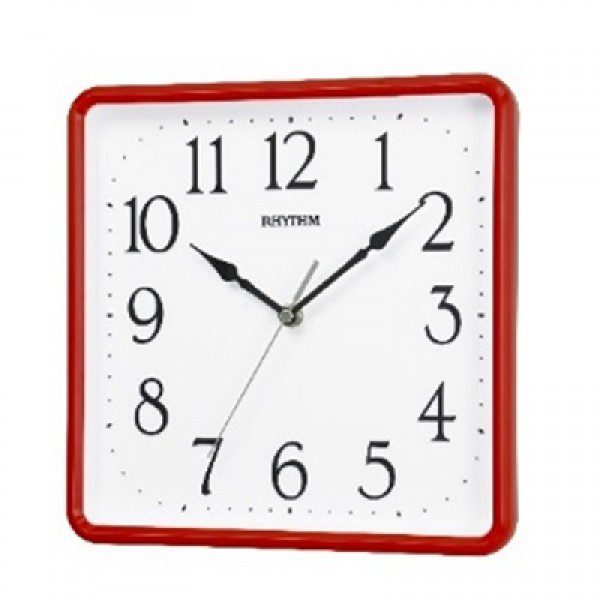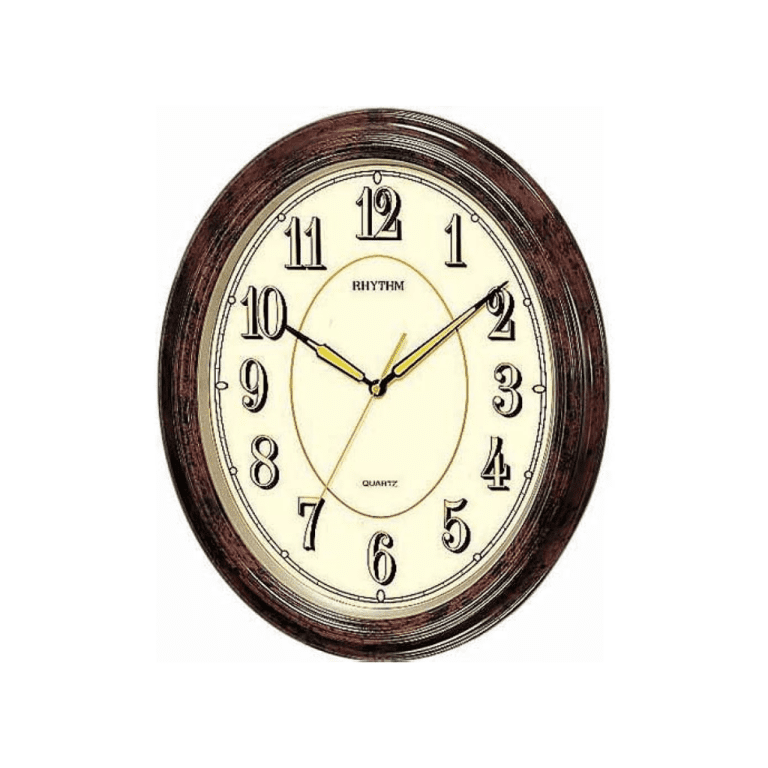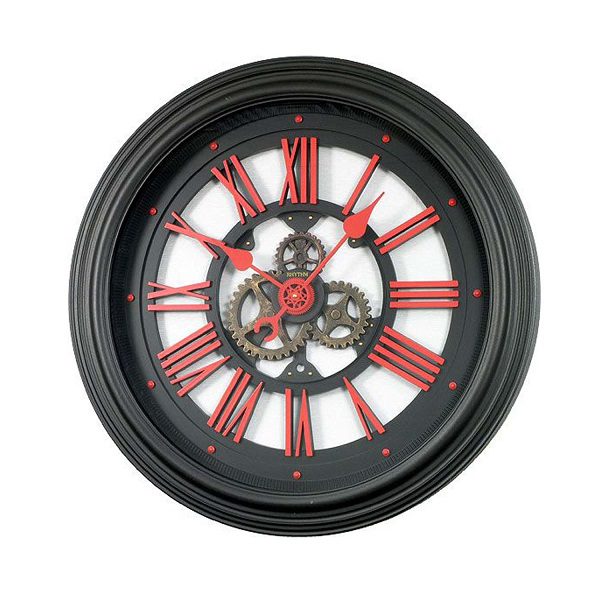A clock may seem like a simple and practical object—its main purpose, after all, is to tell time. But in today’s world, a clock is more than just a functional item. It can be a key part of your decor, a reflection of your personality, and a subtle way to improve your environment. Whether it’s in your home or your office, choosing the right clock matters more than you might think.
1.
Blending Function with Style
Every space has a purpose and a mood. A clock can add character to a room while still being useful. In a home, a stylish wall clock can become a feature piece—enhancing your living room, kitchen, or hallway. In an office, a sleek, modern clock can reinforce a sense of professionalism and order. Choosing a clock that complements your decor helps create a space that feels cohesive, polished, and intentional.
There are countless clock styles available—vintage, rustic, modern, industrial, or minimalist. You can match your clock to your furniture, color scheme, or even your lifestyle. For example, a large Roman numeral clock may suit a classic space, while a digital LED clock may better fit a tech-forward office.
2.
Creating Atmosphere and Focus
In a home, a clock helps create rhythm and structure to your day. Families rely on clocks to manage routines like waking up, mealtimes, and bedtime. In shared spaces like the kitchen or living area, a clear, visible clock helps everyone stay on track without needing to check their phones.
In the workplace, time is closely connected to productivity. A well-placed clock helps employees stay aware of meetings, deadlines, and break times. A quiet, non-ticking wall clock in a meeting room or study area can help maintain focus, while a larger, bold clock in a shared space can serve as a visual anchor, subtly encouraging time-awareness.
3.
Enhancing Productivity and Punctuality
Having a clock in your environment helps with time management. Instead of frequently checking your phone—where distractions like social media or messages can waste time—a quick glance at a clock helps you stay focused. This is especially useful in work-from-home setups where maintaining structure is essential.
For children and students, a visible analog clock can also help develop time-telling skills and improve their sense of how long tasks take. It supports routine building and teaches the importance of being on time from a young age.
4.
Reducing Dependence on Screens
In both homes and offices, we spend a large portion of our day looking at screens. Constantly checking phones or computers just to see the time contributes to digital fatigue. By choosing a well-placed clock, you reduce the need to look at screens as often, promoting a healthier balance between technology and daily life.
5.
Choosing the Right Clock for Your Space
When selecting a clock for your home or office, consider the following:
- Size: A large clock works well in open spaces like a living room or boardroom, while a smaller clock might be better suited for bedrooms, studies, or offices.
- Type: Analog clocks offer a traditional look and help teach time visually. Digital clocks are easy to read and often come with extra features like alarms and temperature displays.
- Noise level: Choose a silent or non-ticking clock for bedrooms, studies, or quiet workspaces to avoid distraction.
- Placement: Wall clocks save space and add design flair, while desk clocks are ideal for personal workstations.
6.
Making a Statement
A clock can also be a personal or brand statement. In your home, it might reflect your taste, memories, or heritage. In your office, especially in client-facing areas like reception, a stylish clock can reflect professionalism, punctuality, and even your company’s personality. Some businesses even customize clocks with their logo to subtly reinforce branding.
Conclusion
A clock is much more than just a tool to check the time—it’s a practical piece of art that supports time management, decor, and daily habits. Whether for your home or your office, choosing a clock that suits your space adds both function and flair. It’s a small decision that can make a big difference in how your space looks, feels, and works for you every day.






